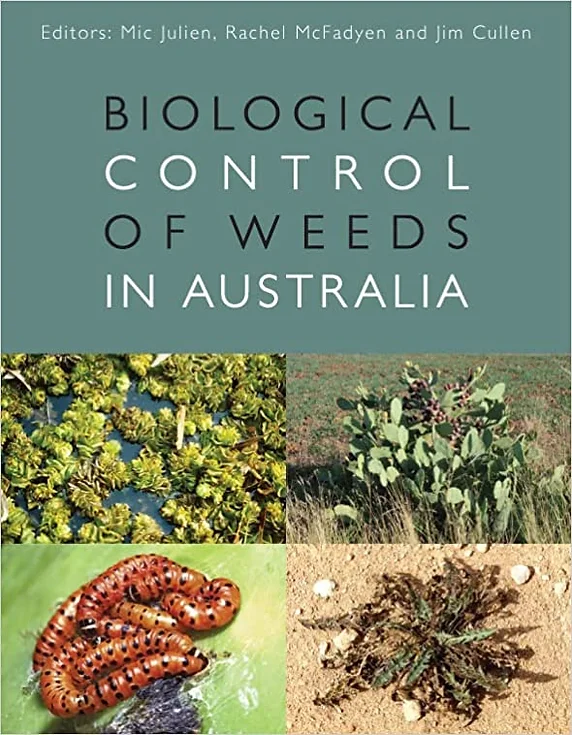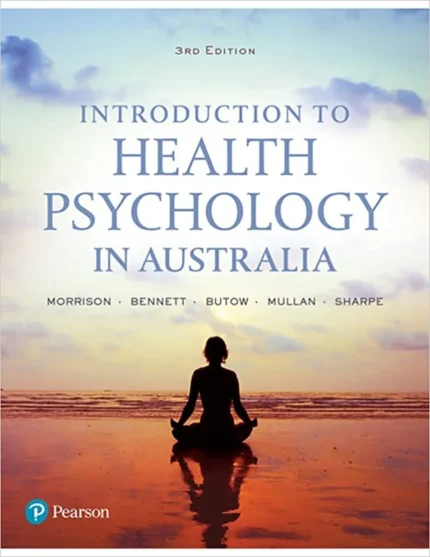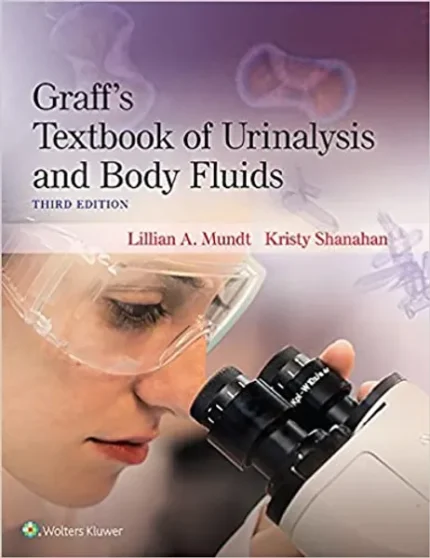Biological control of weeds has been practised for over 100 years and Australia has been a leader in this weed management technique. The classical example of control of prickly pears in Australia by the cactus moth Cactoblastis cactorum, which was imported from the Americas, helped to set the future for biocontrol of weeds in many countries. Since then there have been many projects using Classical Biological Control to manage numerous weed species, many of which have been successful. Importantly, there have been no serious negative non-target impacts – the technique, when practised as it is in Australia, is safe and environmentally friendly. Economic assessments have shown that biocontrol of weeds in Australia has provided exceedingly high benefit-to-cost ratios. This book reviews biological control of weeds in Australia to 2011, covering over 90 weed species and a multitude of biological control agents and potential agents.
Product details
- Publisher : CSIRO Publishing (1 March 2012)
- Language : English
- Hardcover : 648 pages
- ISBN-10 : 064309993X
- ISBN-13 : 978-0643099937
- Dimensions : 20.07 x 4.06 x 27.18 cm












Reviews
There are no reviews yet.